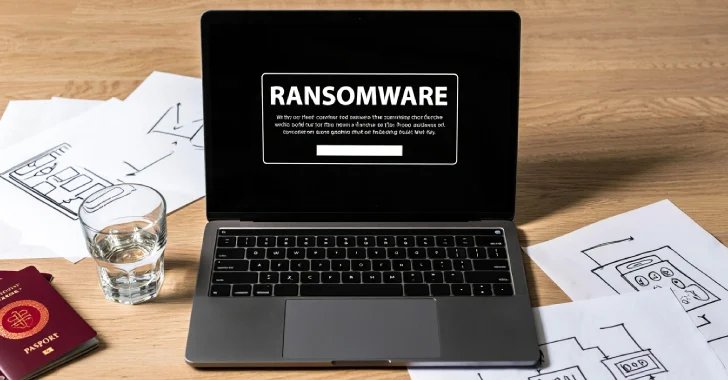Fast Facts
-
Sanctions Imposed: The U.S. Treasury’s OFAC has sanctioned the Russian bulletproof hosting provider Aeza Group and its subsidiaries for aiding cybercriminals in global ransomware attacks and illegal operations, including drug trafficking.
-
Key Personnel Arrested: Aeza Group’s CEO Arsenii Penzev and other executives have been detained, with Penzev charged for leading a criminal organization that hosted an illicit drug marketplace on the dark web.
-
Cybercrime Facilitators: Aeza Group is accused of providing services to various ransomware and malware families, directly targeting U.S. defense and technology sectors, highlighting the critical role of BPH services in cybercriminal activities.
- Broader Crackdown Strategy: This action follows previous sanctions against other Russian BPH providers, illustrating a coordinated international effort to dismantle the ransomware supply chain by targeting essential infrastructure and enabling entities.
Underlying Problem
On July 2, 2025, Ravie Lakshmanan reported that the U.S. Department of the Treasury’s Office of Foreign Assets Control (OFAC) imposed sanctions on the Russian bulletproof hosting (BPH) service provider Aeza Group, a firm instrumental in shielding cybercriminals and facilitating their nefarious operational frameworks both domestically and internationally. This action also encompasses its subsidiaries, including Aeza International Ltd. in the U.K. and various individuals directly connected to the enterprise, notably CEO Arsenii Penzev and general director Yurii Bozoyan, both of whom have faced legal repercussions earlier this year for their involvement in large-scale drug trafficking via illicit dark web marketplaces.
The sanctions aim to disrupt the perilous nexus between BPH services and cybercrime, as highlighted by Acting Under Secretary Bradley T. Smith, who emphasized the need to target critical elements that support this illicit ecosystem. Aeza Group has been linked to notorious ransomware families and other malicious actors, underscoring its role as a significant player in the cybercrime landscape. This move by the Treasury is part of a larger strategy to dismantle ransomware supply chains by focusing on entities that provide essential infrastructure for these activities, reinforcing the urgency of enhancing cybersecurity measures in an ever-evolving threat environment.
Potential Risks
The sanctions levied against the Russian bulletproof hosting service provider Aeza Group highlight a significant threat landscape that extends far beyond its immediate operations, risking substantial impacts to businesses, users, and organizations globally. By facilitating ransomware attacks and illicit activities through its resilient infrastructure, Aeza Group emboldens cybercriminals to launch offensives that can disrupt critical sectors, undermine data integrity, and erode consumer trust. Consequently, organizations that inadvertently share infrastructure or supply chains with Aeza or similar entities may face reputational damage, financial losses, and regulatory scrutiny, as the ripple effects of such cybersecurity breaches can lead to widespread operational disturbances. Moreover, as these threat actors employ increasingly sophisticated tactics, the challenge of protecting sensitive data from evolving attacks intensifies, necessitating enhanced vigilance and robust cybersecurity measures across the board.
Fix & Mitigation
The urgency of prompt remediation cannot be overstated in the context of U.S. sanctions against a Russian bulletproof hosting provider linked to cybercriminals orchestrating ransomware attacks. Mitigating this threat is imperative for safeguarding digital assets and maintaining cybersecurity integrity.
Mitigation Strategies
- Identify and isolate affected systems
- Implement robust network segmentation
- Conduct thorough threat assessments
- Enhance incident response protocols
- Engage in proactive threat hunting
- Collaborate with law enforcement agencies
NIST Guidance
NIST Cybersecurity Framework (CSF) emphasizes the importance of continuous monitoring and vulnerability management. Specifically, the NIST Special Publication 800-61 provides detailed guidance on incident response planning and execution, crucial for addressing the ramifications of sanctions-related cybersecurity threats. Adhering to these protocols bolsters organizational resilience against evolving cyber threats.
Stay Ahead in Cybersecurity
Discover cutting-edge developments in Emerging Tech and industry Insights.
Understand foundational security frameworks via NIST CSF on Wikipedia.
Disclaimer: The information provided may not always be accurate or up to date. Please do your own research, as the cybersecurity landscape evolves rapidly. Intended for secondary references purposes only.
Cyberattacks-V1

